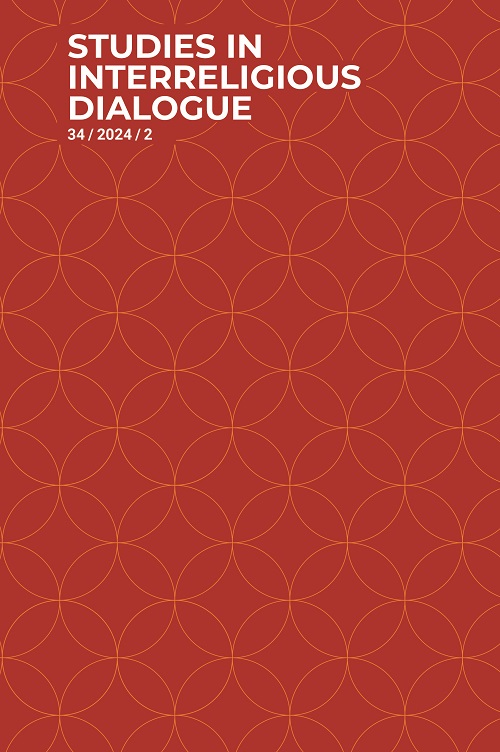 previous article in this issue previous article in this issue | next article in this issue  |

Preview first page |
Document Details : Title: Qur'anic Faith and Reason Subtitle: An Epistemic Comparison with the Kālāma Sutta Author(s): GALADARI, Abdulla Journal: Studies in Interreligious Dialogue Volume: 30 Issue: 1 Date: 2020 Pages: 45-67 DOI: 10.2143/SID.30.1.3288648 Abstract : The Qur’an frequently abhors blind faith based on tradition in its arguments against non-believers. Nonetheless, the Qur’an repeatedly asks people to believe in its message. How does the Qur’an distinguish between both kinds of faith? This article investigates the type of epistemology the Qur’an expects from its audience. Linguistically, the Qur’anic concept of īmān may be compared to taking refuge in Buddhism, in that it is through experience and insight (prajñā), as portrayed in the Kālāma Sutta, and not zeal. The Qur’an differentiates between two types of conviction, that which is received through discernment and understanding, and that which is blind. The Qur’an shows cues of an attempt to harmonise faith and reason. It does not entertain non-believers in their request to have supernatural physical proofs, but frequently reminds them to use their reason and observation. This opens further avenues of interfaith dialogue between Buddhism and Islam. |
 |


